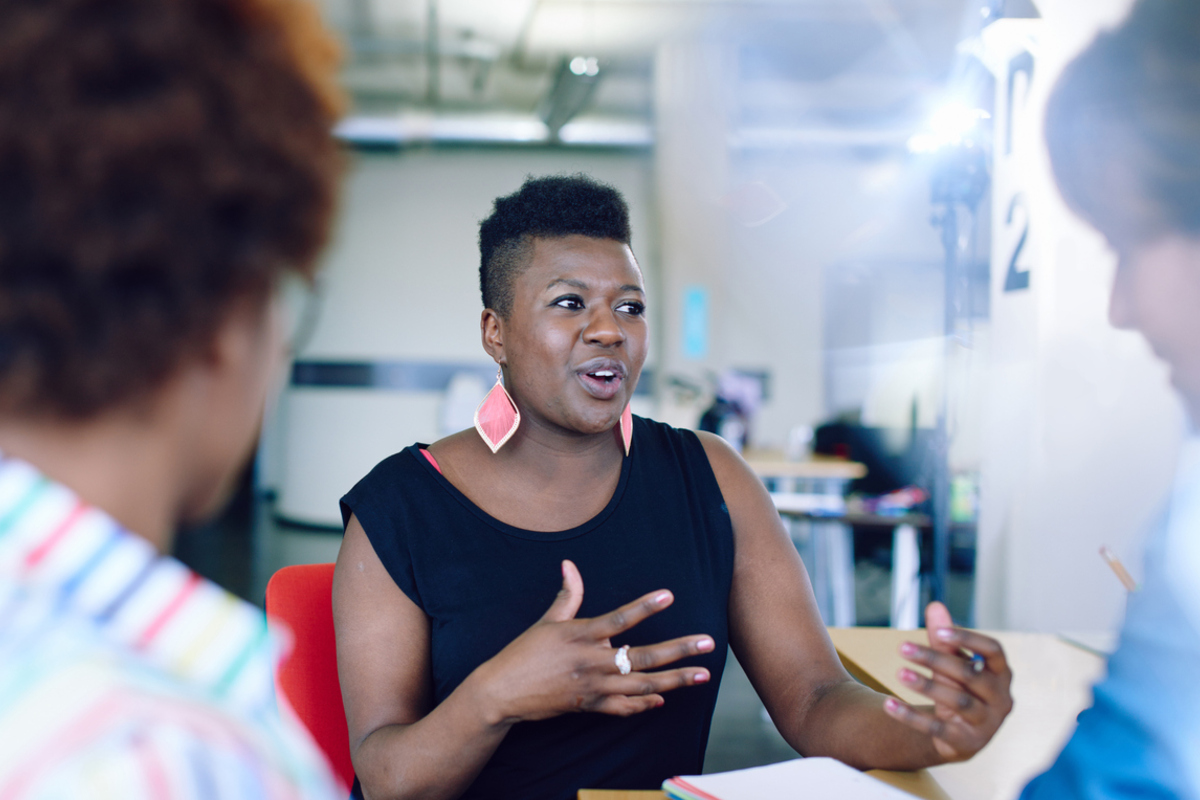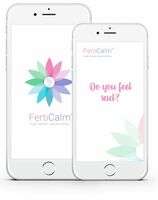You’re the life of the party, but deep down, your heart is racing as your mind plots the quickest exit strategy. You might be an extroverted social butterfly, but that doesn’t make you immune to social anxiety.
That uneasy feeling can show up when you least expect it to and totally kill your vibe. The good news is you’re not alone. We’ve got your back and some tricks to help you navigate it all.
Extroverts and introverts — what’s the difference?
The biggest difference between introverts and extroverts is how they recharge their social batteries. “Often people just think it's a difference of desires for social interaction, when in fact, it's more about what happens after the social interaction,” says mental health therapist Kelsey Rehome-Peymann, MA, LPCC.
Hanging out with people gives extroverts a refreshing energy boost that fills their tank. But when introverts socialize, it depletes their energy, leaving them tired and needing time to recharge.
Extroverts with social anxiety
Both personality types experience social anxiety differently, too. “Introverts may get anxiety about going to an event or social interaction, the build-up and anticipation causing anxiety. Extroverts likely do not have anticipatory anxiety, but rather anxiety about what is to come during the social event,” explains Rehome-Peymann.
Socializing charges an extrovert’s battery — just thinking about an event can get them pumped up. “Their anxieties may be more in the small details," adds Rehome-Peymann.
Extroverts can also struggle with sensory issues and stress over things like noise, lighting, or the amount of people in certain situations.
“Looking the part” can also trigger anxiety for extroverts, adds Rehome-Peymann. People may perceive you as a social butterfly, but on the inside, you’re really just hoping that you fit the mold you think others want to see.
And when the party’s over, extroverts might feel lost or like they don’t know what to do with all their energy, adds Rehome-Peymann.
Practical tips for coping with social anxiety
If you’re an extrovert struggling with social anxiety, you might find yourself overthinking in social situations. But there are ways to handle it without letting those pesky feelings define who you are or limiting your authentic self.
Prepare and practice
“Mentally preparing and learning any information you can about the event may help,” says Rehome-Peymann. Plan ahead, and have a few go-to conversation starters or icebreakers to make things less awkward.
Distracting yourself can help you cope, too. Try meeting up with friends before bigger gatherings. The “practice run” can help ease you into socializing and make you feel a little more comfortable.
During social events, Rehome-Peymann suggests finding quiet moments to regroup. Take a bathroom break or step outside for fresh air.
Set realistic expectations
Every social situation is different, and you can’t prepare for all possible scenarios. So don’t tell yourself stories about how things could go. However, it’s important to acknowledge that sometimes socializing can be challenging for you and be realistic about how to handle it. It won’t always go smoothly, and that’s okay!
Rehome-Peymann suggests setting boundaries in advance. Decide how long you’ll stay, what topics you’re comfortable discussing, who you’re willing to chat with, and how long. Having a clear plan will help you feel in control of the situation and more comfortable in the moment.
Start small
Use smaller, less intimidating social settings to build your confidence. “While you can't plan for perfection, practicing and starting small can give you a lot of information and help you plan for yourself or others in future social settings,” says Rehome-Peymann.
Lean on your people
Instead of being in big groups all the time, have close friendships with people who always have your back. And switch gears when you start feeling anxious. Putting energy into conversations can take your mind off things and boost your mood.
Plus, meaningful connections often happen in smaller groups, and your close friendships can be just as fulfilling as those big events, if not more.
Take care of yourself
Prioritizing our physical and mental health has a ripple effect on everything we do. Try things like deep breathing, yoga, or listening to your favorite music to ease your mind. Calming activities can help manage those anxious feelings and bring peace to your body before, during, and after socializing.
Cut back or limit your alcohol use. Although drinking might help you relax, that liquid courage isn’t worth it. Alcohol can wreck your sleep and may end up making your anxiety worse the following day.
Many people deal with social anxiety, whether they're extroverted or not. If it starts getting in the way of your daily life, reach out to a mental health professional for support.
Remember to be patient and kind to yourself. We’re all a work in progress, and most of us don’t have it all figured out, even if it seems that way on the outside.
Blair Sharp is a freelance writer who lives in Minnesota with her husband and son. Her words have been published in various publications, including Parents, SheKnows, The Bump, and Insider. Find her writing daily on LinkedIn and check out her weekly newsletter, Hey Freelancer! Head to her website www.blairsharp.com for more.
















